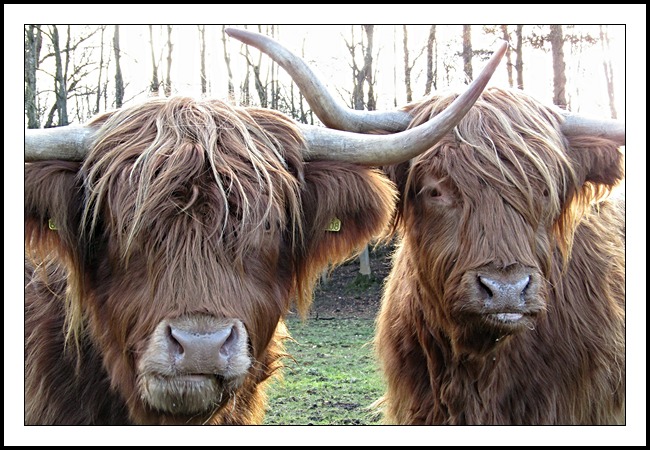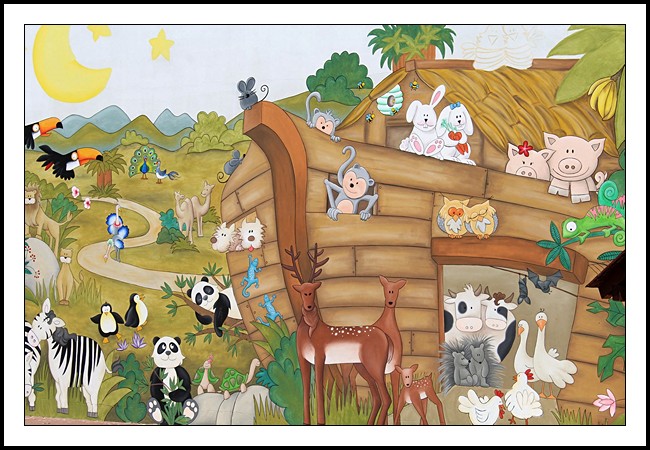Those Animal '-ine' Words
Published:
Inventing a new word
Previously on akikana.com. That post acted as the gateway to creating a nearly 200-word list relating to animals. All, save twenty-five of them, have the suffix ‘-ine’. The leading part of the word is typically derived from Latin (please don’t hold this to me as I need to check this as I plough through the list). I’ve hunted high and low and as of the date of this post’s posting, I’m yet to find out what this group of words is called. So in the absence of that, I propose to call them the animalisine words. See what I did there? Clever huh? Probably won’t even use that word again now.
Frequently used animalisine words include feline (of cats) and canine (of dogs). Less common would be vulpine (of foxes), ursine (of bears) and asinine (of donkeys). This last word is, however, more commonly used as an adjective to describe a person who is obstinate or stupid or foolish (or all three). All the work that donkeys have provided humans throughout our evolution has been unfairly paid for. I can accept (much as French philosopher Jean Buridan did) donkeys being obstinate. Wouldn’t you be too if only bred to move heavy loads from A to B and forced to stand equidistant between your rations?
The previous post’s graphic is a joke based upon the word vaccine. The word vaccine derives from cowpox via the Latin word for cows, vacca. Vaccine would be a good animalisine word for cows. In passing, the English word cow is from Old English via Old Norse via the Old High German, kuo. The current French for cow is vache (from the Latin). The Germans are calling their cows today, Kuh. Which sounds remarkably like what they call cows up in Scotland, ‘coo’.

Alas, cows are bovine. My list of animalisine words has bovine as relating to cattle. This makes sense when looking at bovine’s derivation from the Latin bovīnus - concerning oxen or cows - and the Latin bōs - ox, cow. Cattle is the collective/plural noun for… This is where it gets confusing and way down in the weeds of biology for my liking. Suffice to say, cattle are domesticated ungulates, from the genus bos and are cows, bulls and oxen (a rather unique pluralisation). Cattle derives from Old Northern French - catel - which itself comes from Old French - chatel/chattel. In today’s English, a chattel is an item which belongs to you. I can understand cattle’s derivation. Owning livestock would be seen as wealth and prior to money being in general circulation, cattle would have served as legal tender.
Cattle are ungulates (from Latin ungulātus having hooves, from ungula) - a large group of hooved mammals. Additionally, they can be divided into odd-toed ungulates (such as horses) and even-toed ungulates (such as cattle). Upon reaching ungulates, from a biological rather than etymological perspective, it becomes interesting: whales are even-toed ungulates. Of more relevance to this post’s word these, cetaceans (from Latin cetus and Ancient Greek kētos, literally a ‘huge fish’) is to whales as bovine is to cattle. Whales are not only a biological curiosity but also a break in the animalisine -ine’ suffix rule.

Have a go at finding out the animalisine words in the above picture.
I’ll periodically publish more of these animalisine words when a suitable means of introducing them arises. A little more interesting than me posting a long list. Context works wonders for the old grey cells’ capacity to remember. So having read down this far, you should now be able to answer how do you get two whales in a car?
Down the M4 and cross the Severn Bridge.